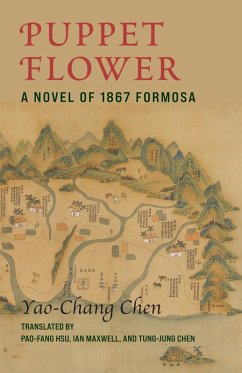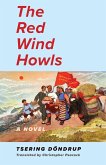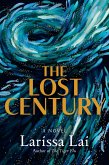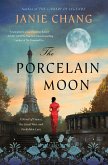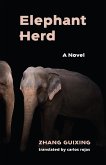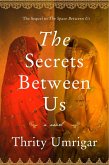In 1867, an American merchant ship, the Rover, sank off the coast of southern Taiwan. Fourteen sailors reached the shore, where almost all were killed by indigenous people. In retaliation, the United States launched two disastrous military operations against local tribes. Eventually, the U.S. consul to Amoy, Charles Le Gendre, negotiated a treaty with Tauketok, the chief of the eighteen tribes of the area, that secured safe passage for shipwrecked sailors.
Yao-Chang Chen's historical novel Puppet Flower retells the story of the Rover incident, bringing to light its pivotal role in Taiwanese history. Merging documented events and literary imagination, the novel vividly depicts Tauketok, Le Gendre, and other historical figures alongside the story of Butterfly, a young woman of mixed ethnic heritage who serves as an interpreter and mediator during the crisis. Chen deftly reconstructs the multiethnic and multilingual society of southern Taiwan in the second half of the nineteenth century from multiple perspectives, portraying local people's daily struggles for survival and their interactions with Han Chinese settlers, Qing dynasty bureaucrats, and Western officials, tradesmen, and adventurers. The novel explores nineteenth-century Sino-American and Sino-indigenous relations and emphasizes the centrality of Taiwanese indigenous cultures to the island's history.
A gripping work of historical fiction, Puppet Flower is a powerful revisionist narrative of a formative moment in Taiwan's past. It was recently adapted into a popular Taiwanese TV miniseries, Seqalu: Formosa 1867.
Yao-Chang Chen's historical novel Puppet Flower retells the story of the Rover incident, bringing to light its pivotal role in Taiwanese history. Merging documented events and literary imagination, the novel vividly depicts Tauketok, Le Gendre, and other historical figures alongside the story of Butterfly, a young woman of mixed ethnic heritage who serves as an interpreter and mediator during the crisis. Chen deftly reconstructs the multiethnic and multilingual society of southern Taiwan in the second half of the nineteenth century from multiple perspectives, portraying local people's daily struggles for survival and their interactions with Han Chinese settlers, Qing dynasty bureaucrats, and Western officials, tradesmen, and adventurers. The novel explores nineteenth-century Sino-American and Sino-indigenous relations and emphasizes the centrality of Taiwanese indigenous cultures to the island's history.
A gripping work of historical fiction, Puppet Flower is a powerful revisionist narrative of a formative moment in Taiwan's past. It was recently adapted into a popular Taiwanese TV miniseries, Seqalu: Formosa 1867.
Dieser Download kann aus rechtlichen Gründen nur mit Rechnungsadresse in A, D ausgeliefert werden.

